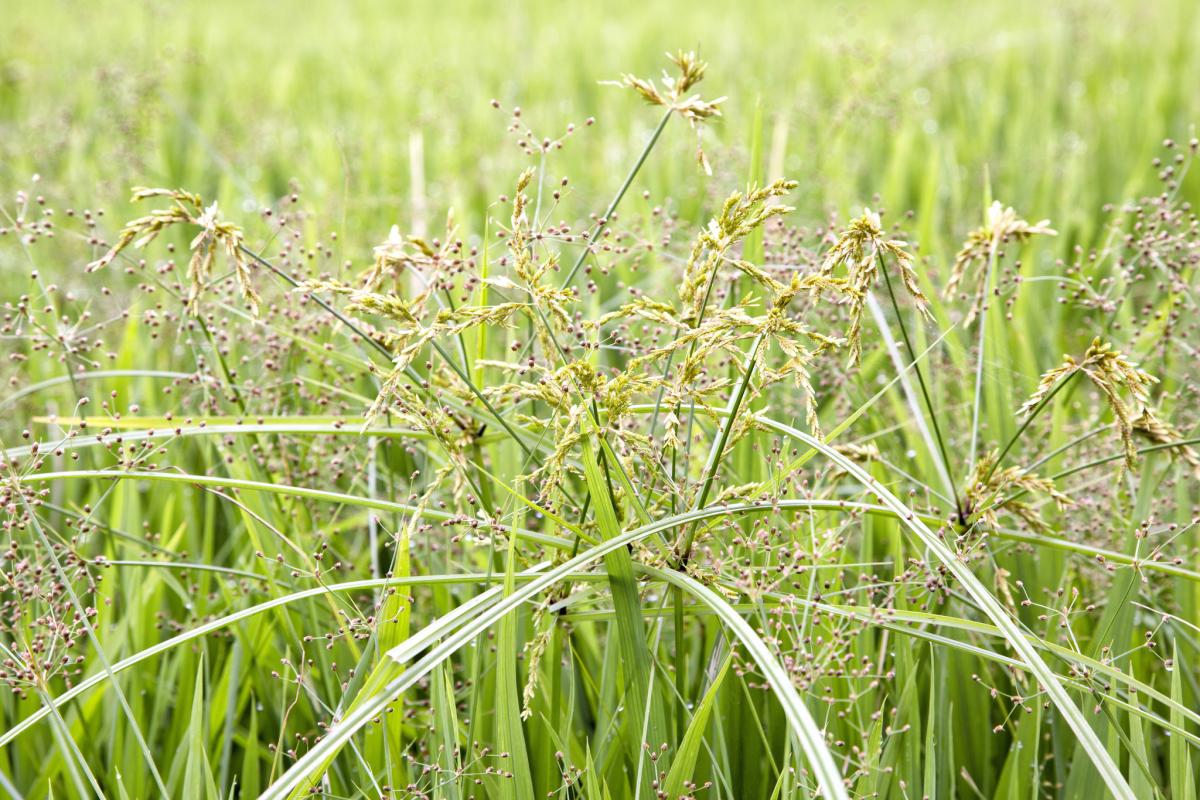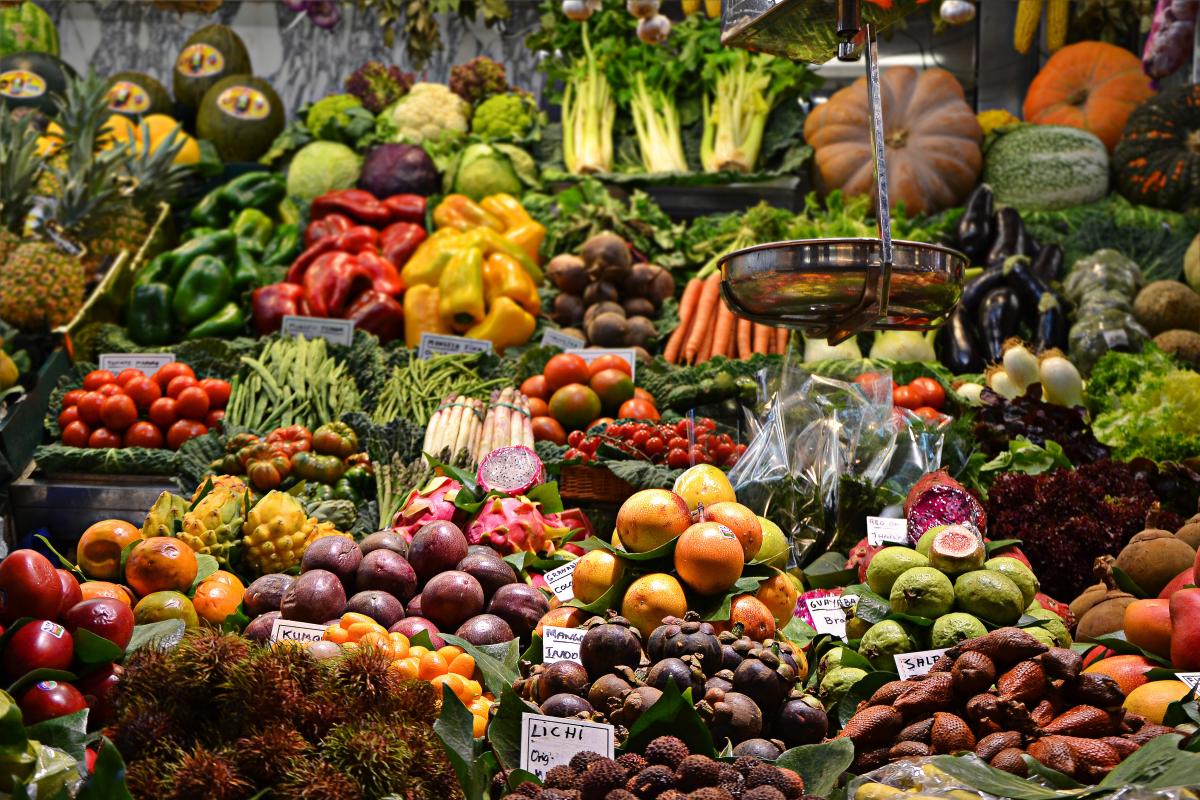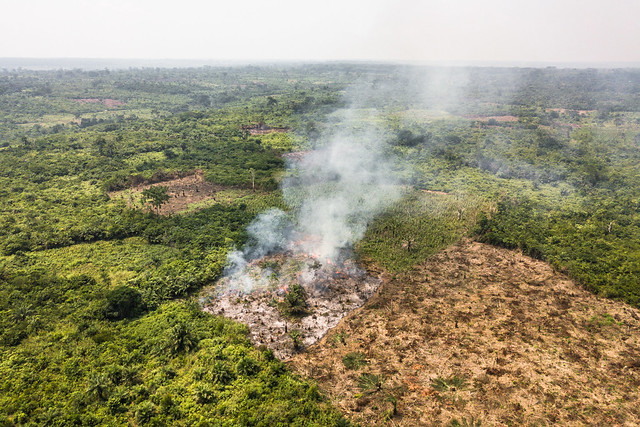IUCN Director General’s statement on International Day for Biological Diversity 2019
Few are not familiar with the story of a unique goose and the golden eggs that made its master rich, until greed drove him to kill the bird. This ancient fable of Aesop’s has many equivalents around the world, reaching back millennia. Yet in all this time, we have not fully absorbed the lesson it tries to teach us, certainly not when it comes to biodiversity.
We have long taken the benefits nature offers us for granted. But blind voracity has led humans to overreach and drive our natural world to the brink of catastrophe. The global attention received by this month’s IPBES report is evidence that we are now slowly waking up to the fact that we urgently need to conserve nature to save ourselves.
On this International Day of Biological Diversity, we celebrate nature and all that it brings us. This year’s theme: “Our Biodiversity, Our food, Our Health”, appropriately places the spotlight on the indissoluble connection between nature and human life. Indeed, we rely on healthy, diverse natural systems for our food and health to a staggering extent.
The plight of pollinators and the ongoing decline in bee populations has made much news, and for good reason. Over 40% of insect species are threatened with extinction, much of it driven by unsustainable agriculture. A few seconds’ reflection of what a world without pollinators would look like should be enough to convince anyone of how indispensable these little creatures are to us. With over three quarters of the world’s food crops relying on pollinators, we simply cannot afford to continue annihilating them.
But our dependence on nature for food is so much more than that, from fish populations to the wild relatives of our familiar crops – many of which are rapidly being lost. Around the world, overfishing is decimating the marine ecosystems that sustain our fisheries, with 90% of the world’s fish stocks now fully exploited or overfished. We also risk losing crop wild relatives, which hold precious genetic diversity needed to make our cultivated crops resistant to drought, disease and pests, all of which are likely to increase as global temperatures rise. Destroy biodiversity and we destroy ourselves.
Apart from the food we eat, we rely on nature for other fundamental elements of life – fresh air and clean water. We need nature for our health and for our very survival, as a source of new medicines, climate mitigation and protection from natural disasters. Yet despite this vital – a carefully chosen word – reliance on nature to give us everything that is good, we are killing it.
We are living a decisive moment in history. Conserving nature is a non-negotiable prerequisite for achieving our broader vision of a more prosperous, healthy and equitable world by 2030. We will never eradicate poverty and hunger when our ailing seas and degraded lands are no longer able to feed a growing population. And we simply cannot expect to live healthy lives on a sick planet.
Nature is forgiving and nature is generous. Given half a chance it will bounce back and provide for us as it always has. We simply need to do our part and conserve it. The next 18 months could be decisive in this respect: the G7 in August, the IUCN World Conservation Congress next June and the Convention on Biological Diversity COP15 in October together provide a rare opportunity to set the foundations for the transformative change we need. It is high time that we fully integrate the moral of Aesop’s story into our relationship with life on this planet, because that includes us.



